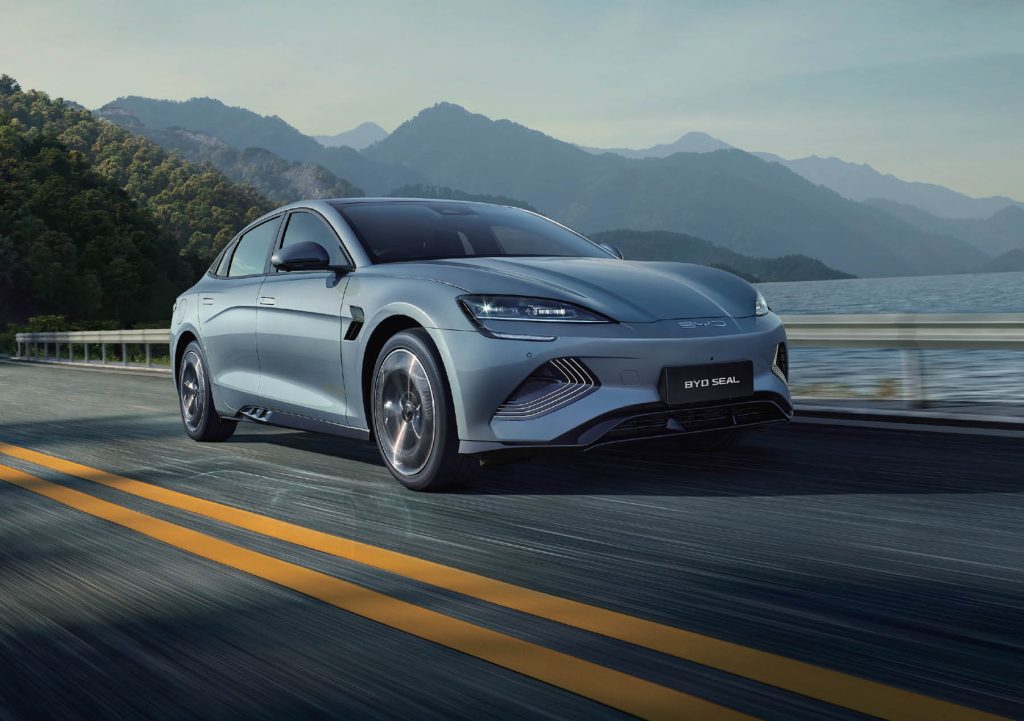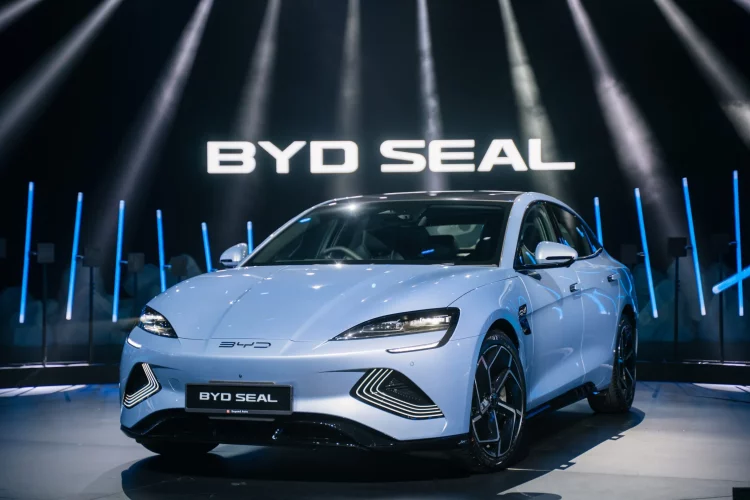Introduction
Electric vehicles (EVs) used to be a futuristic idea—cool but niche. Now, they’re everywhere. Whether it’s Tesla leading the charge, traditional automakers going all-in on electrification, or countries planning to ban gas-powered cars, the shift is no longer coming. It’s happening.
But the big question is: Will this EV revolution completely transform the global auto industry in the next decade or so?
The short answer: It already is. But let’s break it down—what’s driving this change, what’s standing in the way, and what the road ahead really looks like.
1. EVs Are Surging—And Fast
Let’s talk numbers. In 2017, EVs made up around 1% of global car sales. By 2023? Over 18%. In some markets like China and Norway, EVs are already dominating.
Every major automaker—Ford, Volkswagen, GM, Toyota, Hyundai—is investing billions to electrify their fleets. Many have even set deadlines to stop selling gas-powered cars altogether.
Add to that:
- Government subsidies and tax breaks
- Carbon emission regulations
- City-wide bans on fossil-fuel vehicles in places like London and Paris
It’s not just a trend—it’s a total industry pivot.
2. The Tech Is Catching Up (Fast)
What used to hold EVs back—mainly battery life, charging time, and price—is quickly becoming history.
- Battery costs have dropped more than 80% in the last decade.
- Range? Many EVs now go over 300 miles on a single charge.
- Charging time keeps getting shorter. Superchargers and ultra-fast chargers are rolling out everywhere.
And it’s not just the engine that’s changing—EVs are way more digital. They update themselves over Wi-Fi, come with built-in AI assistants, and are already halfway to being self-driving.
3. Say Goodbye to the Old Supply Chain
Here’s something people don’t always think about: EVs are way simpler to build than traditional cars.
They don’t need:
- Transmissions
- Exhaust systems
- Fuel tanks
That’s a huge shakeup for the supply chain—and not everyone’s ready. Legacy suppliers focused on internal combustion engines may not survive the shift.
At the same time, new players—like battery makers, chip manufacturers, and software companies—are stepping in.
4. The Jobs Are Changing, Too
Fewer parts = fewer jobs in traditional car manufacturing. But it’s not all bad news.
- EVs are creating new jobs in battery production, software, and clean energy infrastructure.
- However, automakers will need to retrain workers at scale to handle the shift.
This could be tough for regions heavily dependent on old-school auto plants. Think Detroit in the U.S., or parts of Germany and Japan. Governments and companies will have to invest in reskilling programs fast.
5. Charging Infrastructure: A Race Against Time
No one wants to drive a car they can’t easily charge. The good news? Charging networks are expanding like crazy.
- Home chargers are becoming standard.
- Public fast-charging stations are popping up on highways, in malls, even at restaurants.
Still, in many rural areas or developing countries, access is limited. For EVs to fully take over, the world needs millions more chargers—and a more robust power grid to back them up.
6. Business Models Are Evolving
The EV boom isn’t just changing how cars run. It’s changing how they’re sold, owned, and upgraded.
- Tesla-style direct sales are challenging the traditional dealership model.
- Software updates and add-ons are turning cars into tech platforms (like smartphones on wheels).
- Automakers are exploring subscriptions for things like enhanced autopilot or entertainment features.
That’s a totally new revenue stream—and one that traditional car companies are racing to figure out.

7. Global Power Shift: China Leads the Pack
If you’re wondering who’s ahead—China is miles in front. They dominate battery production, EV manufacturing, and critical materials like lithium and cobalt.
- BYD, NIO, and XPeng are major players.
- The Chinese government has poured resources into EV development and infrastructure.
The U.S. and Europe are catching up with big subsidies and policy support, but China’s early start has given it a major edge.
8. So… Will EVs Fully Take Over in 10 Years?
We’re headed there. Fast. But it might not be 100% global takeover just yet. Here’s why:
✅ EVs are likely to dominate new car sales in many countries by 2035.
✅ Traditional automakers will keep transforming to stay relevant.
❌ Developing countries may need more time due to cost and infrastructure.
❌ Some sectors—like trucks, aviation, and remote areas—may take longer to go electric.
Still, the industry as we know it won’t survive unchanged. The transition is already forcing companies to rethink everything from design and production to marketing and delivery.
Conclusion
The electric vehicle revolution is already changing the auto industry from the inside out. It’s not just about swapping engines—it’s about reimagining how cars are built, sold, powered, and experienced.
Will EVs spark a complete global transformation of the auto sector? Yes—just not evenly, and not all at once. But by 2035, it’s very likely we’ll look back and wonder how gas cars ever dominated for so long.













































